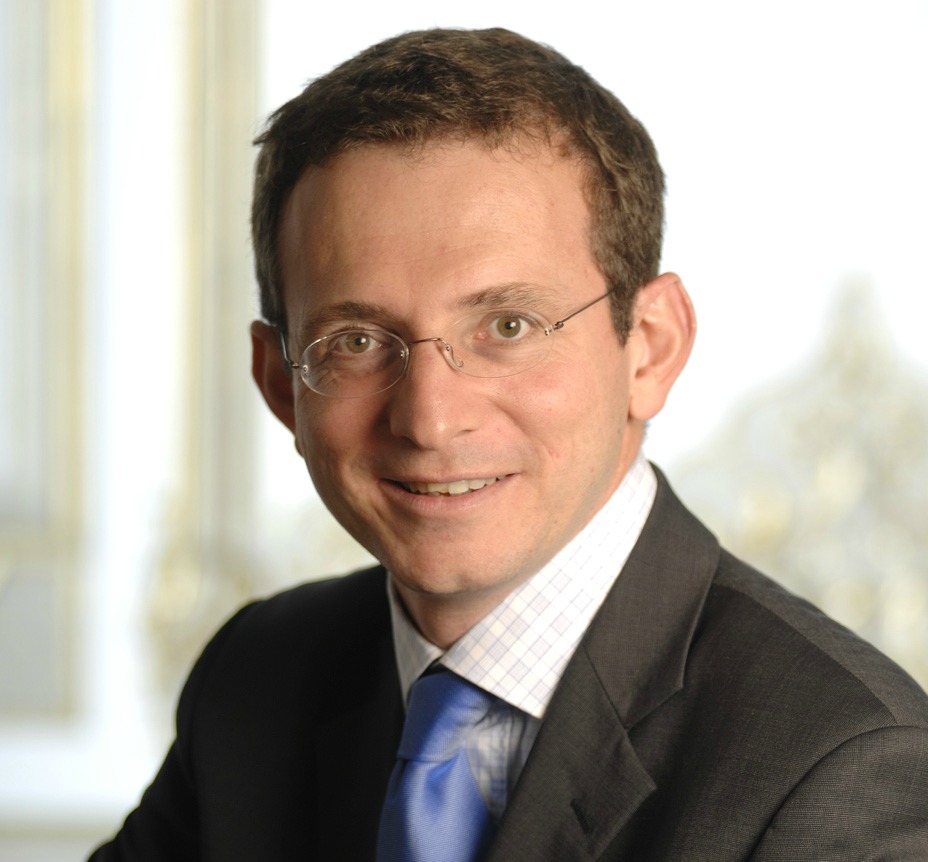The economic environment continues to soften in the US and investors are starting to have doubts on the momentum of the global recovery’s main driver. There is no doubt that the weakness in the US economy is due to more than simply technical factors like the cold spell at the beginning of 2015 and strikes in oil terminals but we still think it is only temporary.
The slump in oil prices at the end of 2014 triggered drastic cuts to investment in the energy sector while households mostly reacted to lower oil prices by boosting savings rather than spending. Brutal oil price shifts in the past have always had an effect over several quarters and not a few weeks. Consequently, after initially suffering from the negative impact of lower oil prices, we should now start to benefit from them. Our economic scenario is unchanged: the US recovery is proceeding and will drive Europe and Japan while Europe’s return to normal is taking place in better conditions.
We can no longer bank on multiple expansion on today’s equity markets so we prefer markets where earnings growth looks most likely to generate the most positive surprises.
Our convictions on equity markets:
In this respect, euro equity markets have been more turbulent in recent weeks, most probably due to fresh uncertainty in Greece but essentially because of the euro’s violent rebound. True, the Greek issue is by no means settled but we believe the talks have taken a more positive turn since Athens reshuffled the team that is negotiating with the Troika. The government’s falling popularity and recent opinions polls which suggest the Greeks are still just as attached to the Eurozone seem to have prompted a political inflection. This will, however, need to be confirmed in coming weeks. The referendum planned by the Tsipras administration over reforms agreed with the Troika could still be very risky. But it would appear that it might get popular support and thus end a period of intense political confusion.
Elsewhere, the euro’s rebound looks largely technical, a case of markets taking a breather after a brutal correction. We see no lasting bounce in the euro and remain bullish of the US dollar. Meanwhile, there are encouraging signs that Italy is emerging from a long crisis, probably due to reforms introduced over the last two years. And lastly, we have seen encouraging results from European companies to date, enough to justify expectations of strong earnings growth in 2015.
For all these reasons, we have been taking advantage of market falls to reinforce our overweight position on Eurozone equities, moving from =/+ to +.
Our convictions on bonds markets:
We have also cut our rating on Eurozone debt on the grounds that all government bonds are expensive compared to other asset classes.
10-year German bonds offer almost no yield and there seems to be little scope for spreads on peripheral debt to narrow. Expected returns are therefore very low. At the same time, such low yields will make it increasingly difficult for Eurozone bonds to act as efficient protection should risk aversion increase. In bond portfolios, government bonds are still important but in our diversified portfolios we can afford to take profits.
Column by EdRAM. Benjamin Melman is Head of Asset Allocation and Sovereign Debt in Edmond de Rothschild Asset Management (France).
Disclaimer: This document is for information only.The data, comments and analysis in this document reflect the opinion of Edmond de Rothschild Asset Management (France) and its affiliates with respect to the markets, their trends, regulation and tax issues, on the basis of its own expertise, economic analysis and information currently known to it. However, they shall not under any circumstances be construed as comprising any sort of undertaking or guarantee whatsoever on the part of Edmond de Rothschild Asset Management (France). Any investment involves specific risks. Main investment risks: risk of capital loss, equity risk, credit risk and fixed income risk. Any investment involves specific risks. All potential investors must take prior measures and specialist advice in order to analyse the risks and establish his or her own opinion independent of Edmondde Rothschild Asset Management (France) in order to determine the relevance of such an investment to his or her own financial situation.

